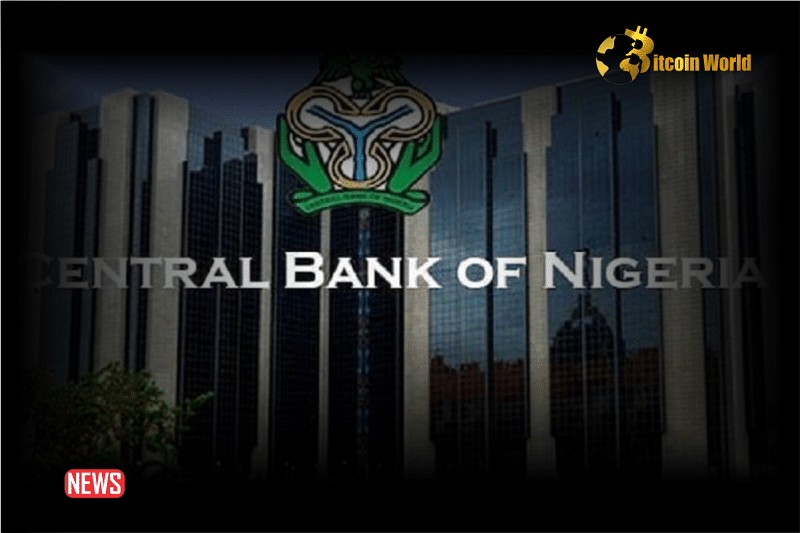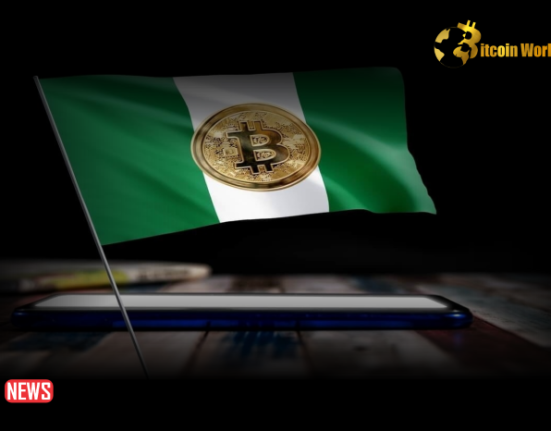The Central Bank of Nigeria (CBN) has announced new changes in the foreign exchange market, declaring the removal of caps on exchange rates for international money transfer operators (IMTOs).
Impact And Implications On The Naira’s Performance
The Central Bank of Nigeria (CBN) recently made a significant announcement on January 31, signaling a change in its approach to the foreign exchange market.
The central bank declared the removal of caps on naira exchange rates set for international money transfer operators (IMTOs).
Removal of Allowable Limit of Exchange Rate Quoted by the International Money Transfer Operators…https://t.co/jty18veF3Z pic.twitter.com/UiVYTTl6Tc
— Central Bank of Nigeria (@cenbank) February 1, 2024
This decision, aimed at further liberalizing the foreign exchange market, has already influenced the naira’s performance against major currencies.
Nigeria’s CBN Makes New Changes For IMTOs
Before this adjustment, IMTOs were constrained by regulations to quote rates within a range not exceeding 2.5% of the previous day’s exchange rate.
The recent policy shift, which supersedes a CBN circular issued on September 13, 2023, now allows IMTOs to provide naira payout rates based on the prevailing exchange rate.
The initial rationale behind the caps was seen as a precautionary measure to prevent the rapid depreciation of the naira.
See Also: Nigeria’s Naira Plunges To A New Low As The CBN Governor Reacts
However, instead of achieving the intended outcome of stabilizing the foreign exchange market, this restriction inadvertently led to an increased flow of dollars into the parallel market.
As a result, the gap between the naira’s parallel and official market exchange rates widened.
Reports suggest that the removal of the caps by the Central bank of Nigeria is already making an impact.
On February 1, the naira experienced a gain of over 8% against the dollar, marking a notable recovery.
Analysts speculate that this positive trend may be directly linked to the central bank’s decision to eliminate the allowable limits.
This improvement in the naira’s performance also coincided with reports that licensed foreign exchange dealers were considering discontinuing their operations.
Despite the perceived benefits of this policy shift, concerns about the naira’s stability and value in the official foreign exchange market persist.
The ongoing discussions reflect the challenges faced by the CBN in striking a balance between liberalizing the market and preventing excessive volatility.
Impact And Implications On The Naira’s Performance
It is essential to acknowledge that the naira has faced challenges recently, reaching a new low against the US dollar in late January.
The subsequent depreciation has raised questions about the effectiveness of the central bank’s interventions and the broader economic implications.
The removal of caps on naira exchange rates signals a departure from the previous strategy and a willingness to adapt to the evolving dynamics of the foreign exchange market.
See Also: How Will The Crypto Industry Be Affected If Donald Trump Wins the US Election?
However, the success of this new approach hinges on various factors, including the continued stability of the global economic landscape and the CBN’s ability to navigate the complexities of currency exchange.
As the naira’s performance remains a focal point of economic discussions, stakeholders will closely monitor how this policy adjustment shapes the trajectory of the foreign exchange market in Nigeria.
The widening gap between the parallel and official market rates underscores the need for comprehensive strategies to address the underlying issues affecting the naira’s value.
While initial indicators suggest a positive impact on the naira’s performance, the broader implications and long-term effectiveness of this decision remain to be seen.
As the central bank continues to navigate the challenges of maintaining currency stability, the foreign exchange market in Nigeria will likely undergo further transformations in response to both domestic and global economic factors.
#Binance #WRITE2EARN














